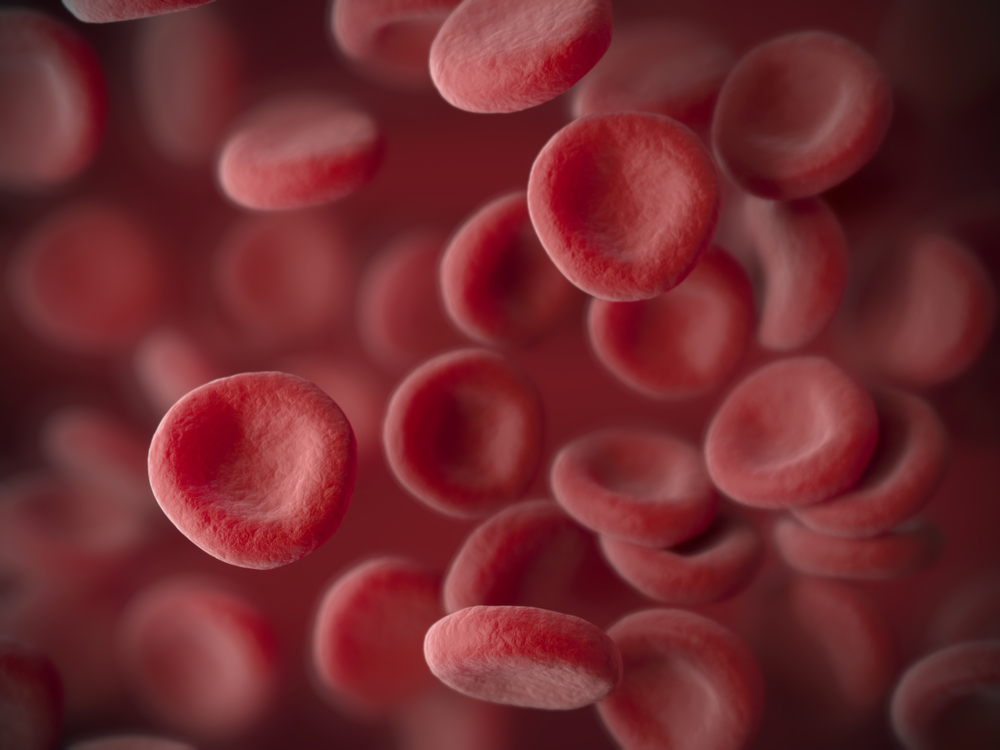Donation Will Establish Center for Multiple Myeloma Research in UK
Written by |

Thanks to a £10 million donation (about $13,000,000), Imperial College London will establish a center for multiple myeloma research at the institution’s Hammersmith Hospital campus.
The gift, from benefactors Hugh and Josseline Langmuir, will support blood cancer research at Imperial and advance research on more effective treatments for those living with multiple myeloma and related disorders.
The newly created Hugh & Josseline Langmuir Center for Myeloma Research will help fund groundbreaking research into the causes of myeloma and how the disease works. It also will help advance scientific discoveries into clinical trials.
In addition, the funding will provide facilities and equipment — including spaces aimed at promoting collaboration — and help train and support international teams of scientists. Currently, Imperial’s lab-based myeloma research program is headed by Anastasios Karadimitris, Aristeidis Chaidos, and Holger Auner, plus 10 full-time myeloma researchers.
“Donations such as this are truly transformative, allowing us to bring together talented people, unleash potential, and surmount some of the greatest challenges facing society,” Alice Gast, Imperial College London’s president, said in a press release.
Imperial’s Center for Hematology at Hammersmith Hospital Campus is a leading blood disorder diagnostic and treatment center, uniting investigators and clinicians in all areas of hematology, including multiple myeloma.
Medical teams from the center were reportedly among the first in Europe to use donor cells during a stem cell transplant, and the first to perform a successful donor bone marrow transplant for aplastic anemia and chronic multiple myeloma.
The new center will be near Imperial’s White City Campus, which shares space with academics and global and emerging companies. Because of that proximity, it hopes to team up with scientists in multiple fields, as well as with multidisciplinary groups, new businesses, and corporate partners.
“Imperial has an outstanding track record in myeloma and hematology research,” said Jane Apperley, chair of the department of hematology. “Our researchers are making groundbreaking advances in our understanding of disease, identifying new drug targets, optimizing immune-based therapies, and working tirelessly to take new therapies through to clinical trials for patient benefit.”
“Despite our successes, there is still so much more we want — and need — to achieve in order to better treat myeloma and other blood disorders. This incredibly generous donation will allow us to harness and focus our strengths to realize this ambitious vision.”
Added Hugh Langmuir, one of the benefactors: “With the increased resources made possible by this donation, we hope to assist the team in their important work of furthering our understanding of this disease, and developing new and more effective treatments.”
Multiple myeloma, a cancer that forms in a type of white blood cell called plasma cells, causes cancer cells to grow in the bone marrow, where they crowd out healthy blood cells. According to Cancer Research UK, there are roughly 5,700 new myeloma diagnoses in the United Kingdom annually.



